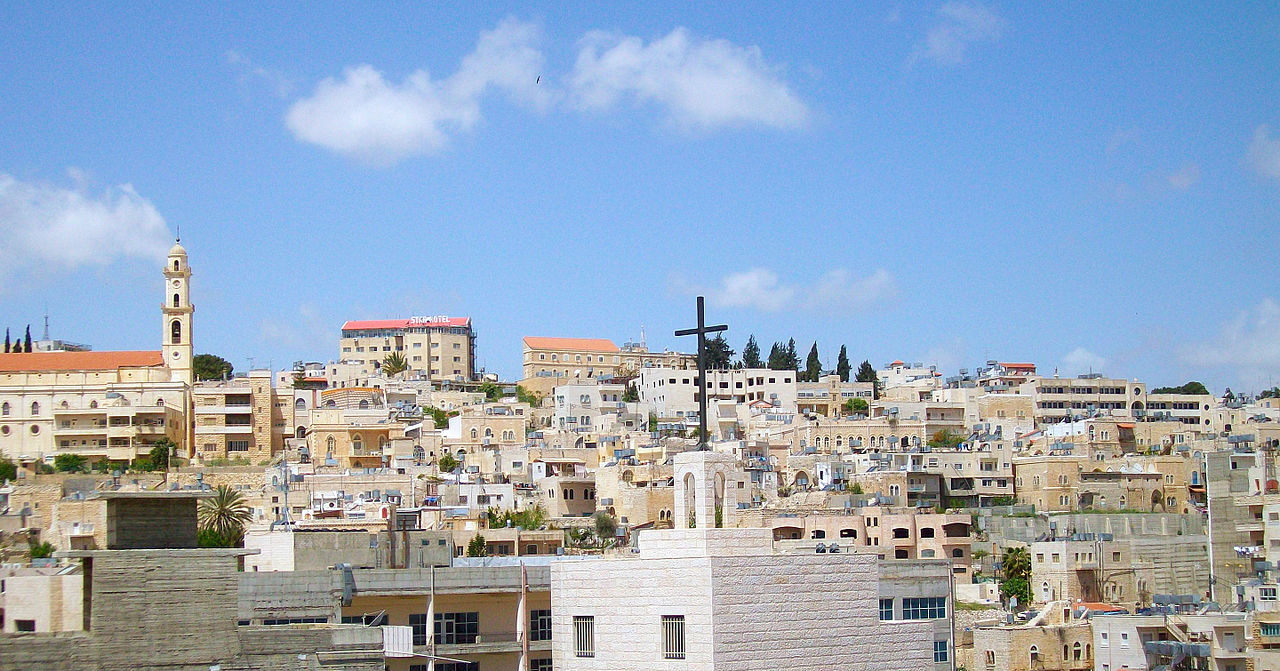Last week I was privileged to participate in a Study Tour in Israel / Palestine with the Council of Christians and Jews. My last trip to the Holy Land had been in early 2019 and had a very different feel. This time I was visiting the week before elections, the fifth in four years, and the air was live with political and religious debate. The tension between Israelis and Palestinians was heightened and there were daily changes to our schedule as areas became temporarily off limits and certain speakers became unavailable as travel restrictions were imposed.
 In the midst of all the noise, bustle, traffic, travel and challenges of a rigorous and demanding schedule of visits and engagements, there were times when the world seemed to stand still as we were privileged to listen to our speakers and guides, to appreciate the incredible beauty of the Holy Land and to visit some of the holiest sights of the three Abrahamic faiths. Some of the most moving experiences involved hearing the stories of those politically opposed to one another and who could easily have not taken steps to meet, who had made sometimes life-threatening decisions, to engage in conversation together, to take steps towards reconciliation and peace. The courage shown was humbling and a constant reminder of the need to:
In the midst of all the noise, bustle, traffic, travel and challenges of a rigorous and demanding schedule of visits and engagements, there were times when the world seemed to stand still as we were privileged to listen to our speakers and guides, to appreciate the incredible beauty of the Holy Land and to visit some of the holiest sights of the three Abrahamic faiths. Some of the most moving experiences involved hearing the stories of those politically opposed to one another and who could easily have not taken steps to meet, who had made sometimes life-threatening decisions, to engage in conversation together, to take steps towards reconciliation and peace. The courage shown was humbling and a constant reminder of the need to:
‘Turn from evil and do good; seek peace and pursue it.’
(Psalm 34:14.)
This verse might look like a straightforward and obvious option, but this is a challenging and demanding path and one to which we are all called, in the wider world and between and within our faith communities. We are called to be people with hearts and minds open enough to hear the voice of those who come to the conversation with different voices and experiences, who, as equally loved children of God, tell a different story. Between faith communities and within the Christian community we each encounter and experience God differently and might express our faith in ways that are not familiar or even understandable to one another. The ways in which we each express and live out our faith might be different, but we pray that:
‘…the eyes of (our) heart(s) may be enlightened in order that (we) may know the hope to which he has called (us), the riches of his glorious inheritance in his holy people, and his incomparably great power for us who believe.’
(Ephesians 1:18)
+ Sarah Shrewsbury